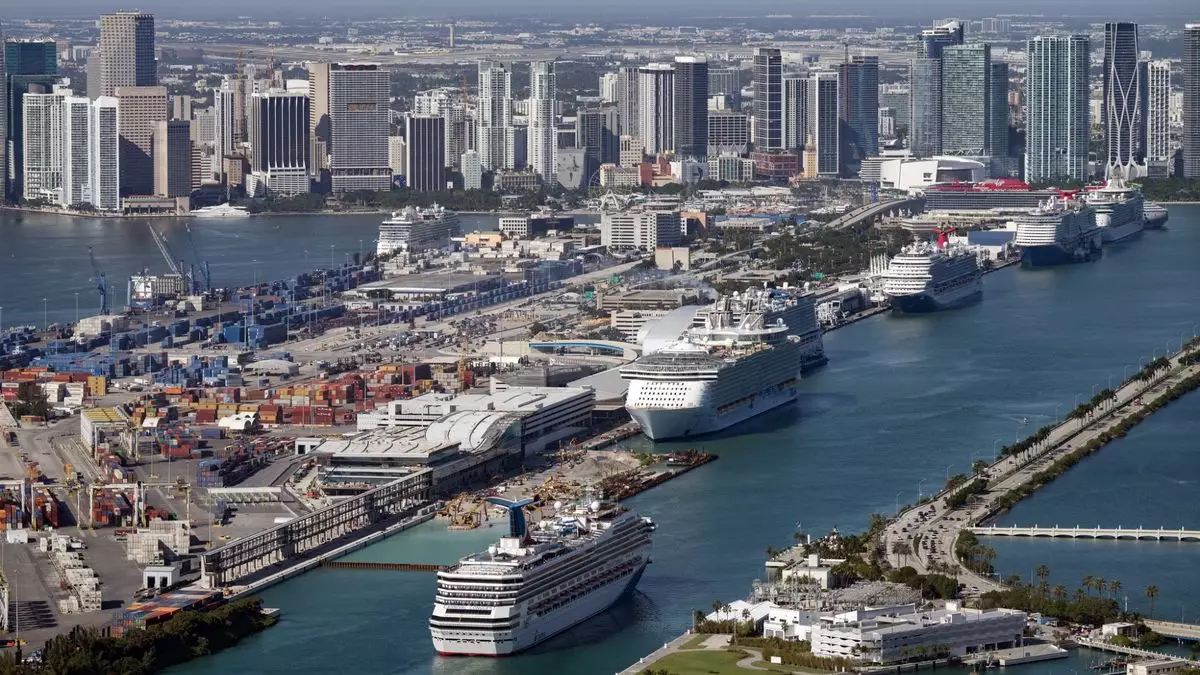On October 1, 2023, the International Longshoremen’s Association (ILA) initiated a strike that sent ripples through the operations of ports across the United States, from Maine all the way to Texas. This pivotal action stems from several grievances, primarily focusing on demands for higher wages and protests against increasing automation in port operations. Strikes in this sector often highlight the tension between labor rights and the ongoing push for technological advancements in logistics. As industries grapple with automation, unions like the ILA strive to ensure that worker welfare remains at the forefront of these discussions.
Amidst the chaos, the ILA made a notable decision to exempt cruise operations from the strike’s impacts. ILA President Harold Daggett emphasized the union’s commitment to supporting families who have planned their vacations well in advance. This shows a level of empathy and foresight, understanding that the leisure sector’s stability can significantly impact local economies reliant on tourism. By ensuring passenger cruise ships remain operational, the union not only mitigates inconvenience for thousands of travelers but also preserves a vital revenue stream for many coastal communities.
While cruise operations continue, the broader impact of this strike cannot be minimized. The ILA’s decision to cease all other cargo handling at 36 major ports across the Atlantic and Gulf Coast has significant economic implications. If the strike persists beyond a few weeks, the consequences could be dire: grocery store shelves may begin to show signs of shortages due to disrupted supply chains, and consumers could experience delays in receiving tangible goods, including automobiles. The interdependence of modern supply chains means that the effects of such a strike can cascade, leading to increased prices and scarcity of essential items for ordinary Americans.
The ILA’s actions are not isolated; they form part of a larger narrative within the logistics and labor market. As the world increasingly shifts towards automation, labor organizations face the challenge of negotiating fair working conditions while engaging with the realities of technological progress. This strike serves as a case study in labor relations, showcasing the delicate balance between advocacy for workers and the operational demands of a globally interconnected economy.
The future of this strike remains uncertain. While the ILA aims to leverage their position to negotiate better wages, the ramifications of sustained port closures could lead to pressure from businesses and consumers alike. A resolution is essential not only for those directly involved in port operations but also for the broader public, whose daily lives are intertwined with the health of the economic landscape. As discussions progress, the outcomes will undoubtedly shape the future of labor rights and the logistics industry in America.

